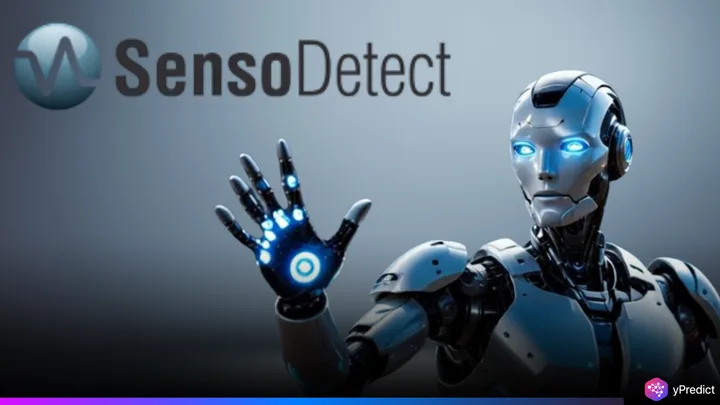
SensoDetect AB has launched a major AI diagnostic initiative to sharpen its platform and expand globally. The Sweden-based medtech firm is adding artificial intelligence and machine learning to its core platform, aiming for faster, more precise detection of psychiatric and neurological disorders. The project runs through 2025 and seeks to improve SensoDetect’s use of Brainstem Evoked Response Audiometry (BERA), a signal-based method that measures brainstem responses to sound.
CEO PA Hedin says the initiative is a turning point for the company’s future. “This will not only improve what we already do but unlock new possibilities we haven’t reached yet,” he said. For patients, the impact could be faster diagnoses. For SensoDetect, the reward could be wider adoption and global growth.
AI Diagnostic Tech Signals a New Phase in Precision Psychiatry
At the heart of the initiative is the company’s BERA-based diagnostic system. BERA involves measuring how the brainstem reacts to audio stimuli. These signals contain valuable markers of neuropsychiatric conditions but are complex to interpret. SensoDetect is now applying AI to improve how this data is cleaned, analyzed, and interpreted. The effort focuses on three technical areas: better data pre-processing, stronger signal optimization, and developing AI-driven models. The new AI diagnostic models aim to clean, process, and analyze this data more efficiently, spotting key biomarkers with greater accuracy.
The project includes collaborations with neuroscientists and data scientists to refine the approach. Hedin calls it a “clear step forward” for the company. “We’re pairing strong science with powerful tools,” he noted. The result, SensoDetect hopes, will be a more reliable and scalable diagnostic platform that serves both clinicians and patients more effectively.
Unlocking Value for Patients and Shareholders
SensoDetect’s goal is twofold: deliver clinical accuracy and gain a stronger foothold in global markets. Early outcomes from the AI upgrades are promising, showing faster signal processing and more precise detection patterns. These improvements can help clinicians diagnose conditions such as ADHD, autism, and schizophrenia earlier, when intervention has the greatest impact. There are still challenges ahead. The company must ensure that AI models remain transparent and clinically validated. Medtech regulators worldwide are tightening scrutiny on AI-assisted tools, especially in mental health.
Even so, the company sees clear momentum. The ongoing initiative is designed not just to refine existing capabilities but to explore new diagnostic applications. These could include identifying early-stage neurodegenerative diseases or tracking treatment responses over time. Investors are watching closely. A more scalable platform could mean new revenue streams and global partnerships. “This is not just a tech upgrade,” said one company advisor. “It’s a business inflection point.”
AI Initiative Positions SensoDetect as a Global Medtech Contender
By embedding AI across its diagnostic process, SensoDetect is aiming for more than product improvement, it’s targeting global relevance. As demand rises for personalized and early-stage diagnostics, especially in psychiatry, the need for scalable and precise tools is clear. This initiative puts SensoDetect in line with that trend. With global demand for scalable AI diagnostic solutions rising, the company is positioning itself as a future-ready player in the medtech space.






